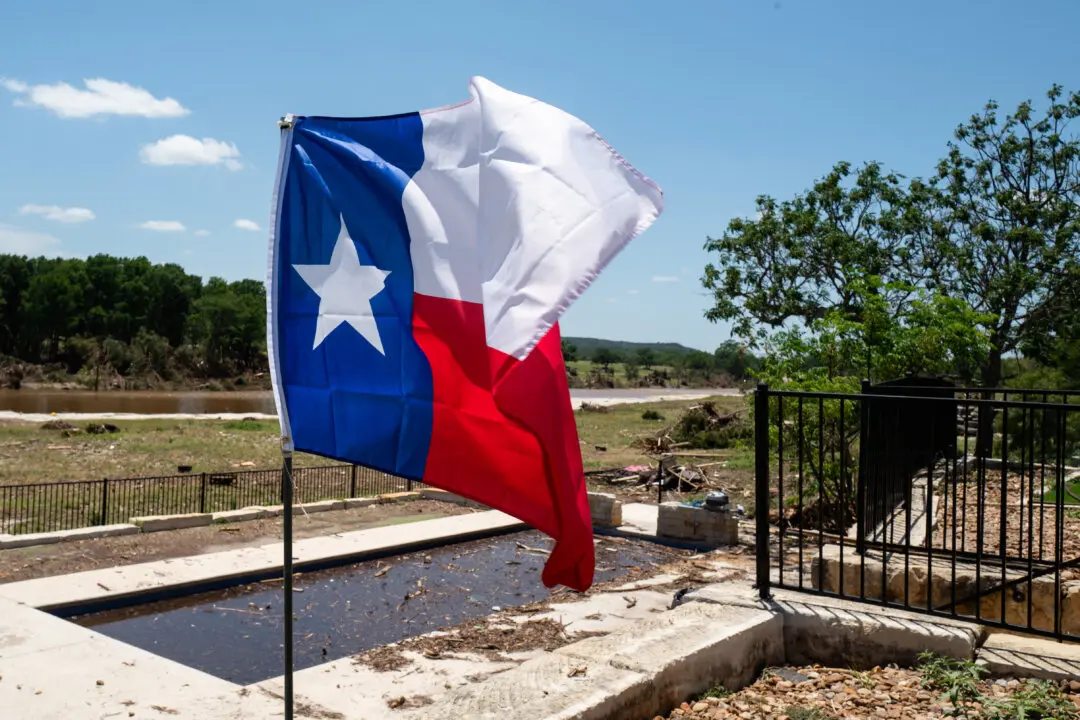It’s late October in Sharon, New York. The hills are painted red, orange, and yellow. Mist hangs in the earth-scented air, far below the migrating birds.
“The retreat of bugs and peepers creates a pensive silence this time of year,” traditionalist farmer and cider maker Michael Thomas said in an Oct. 27 text message, one in a series of interviews with The Epoch Times.






